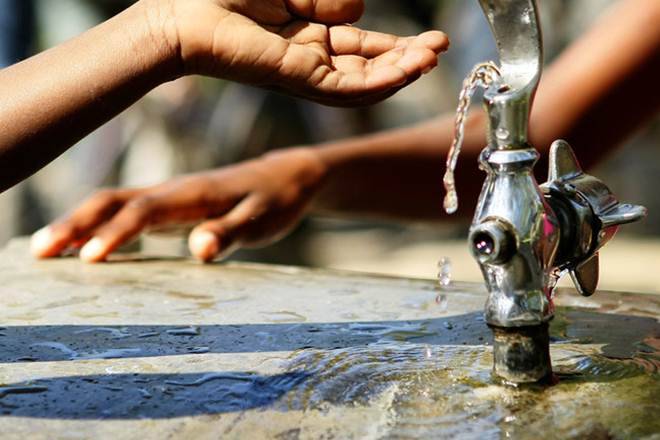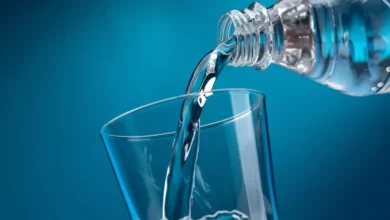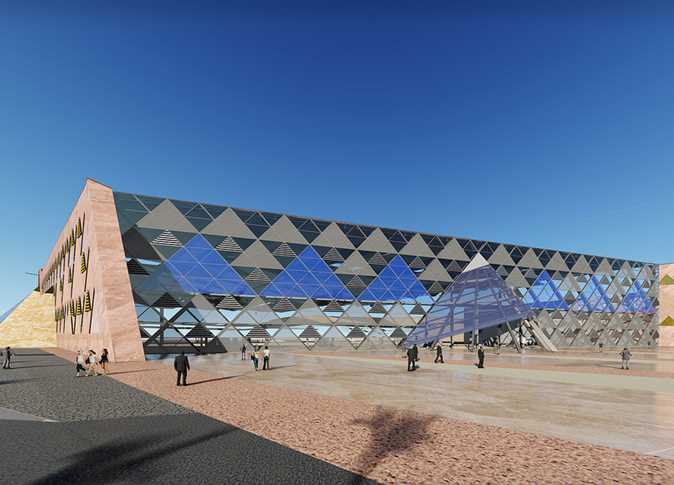Mostafa el-Shimi, a housing ministry project manager, has said that 40 percent of Cairo’s drinking water is wasted either as a result of deteriorating supply networks or bad social habits like using water to wash building stairwells and cars.
“Cairo’s water company produces 6.4 million cubic meters everyday and collects bills for only half this amount,” el-Shimi explained. “The rest is wasted water that the company cannot track.”
Using El-Salam City as an example, el-Shimi said that the area’s water network was built 35 years ago and has not been renovated since then. “The government has only started renovating it to make the network fully operational as of next year,” he said.
A water company official, for his part, said the absence of data on residential versus commercial units in a given building makes the company charge both the same fees, although the latter should be charged more.
He further explained that there is a problem with water meters, as many of them are out of order. When meters are not working, the company charges based on unit averages in previous years. As for public housing projects, each unit is charged according to its square-meter space.
Translated from the Arabic Edition.




